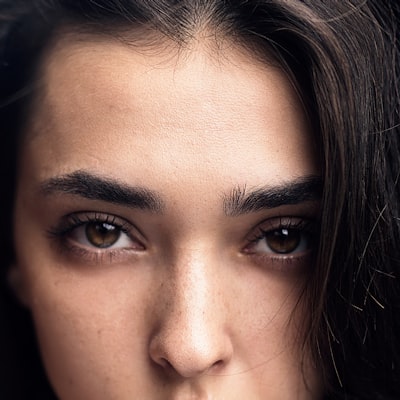Pet Grooming for Monsoon

How often do you find yourself drowning in dog hair and coughing up cat fur? You are not alone! Every pet parent struggles with bits that their furbabies leave everywhere they go. continue reading With the monsoon season just around the corner, grooming your pet is more than just a solution. Besides contributing to a dip in temperatures, greener surroundings, and a cozy mood to cuddle, monsoon showers also present a set of challenges to pet parents. With constant rain, pets are at a higher risk of facing issues like infections, skin allergies, or parasitic infestations, and of course who can avoid the mud puddles on their long daily walks. Even though pets are more likely to get sick from this weather, you can still keep them happy and healthy by taking some precautions.
Take care of your fur
Pet grooming is a matter of personal preference. However, regardless of the type and condition of your furry friend's coat, grooming can be beneficial. www.petdoghk.com/pet-supplies.html Brushing your longer-haired pets, of course, keeps their hair free of tangles and mats. Mats can be very uncomfortable and allow oil and dirt to build up underneath, allowing bacteria to grow. This can lead to skin infections. Even though pets with shorter hair don't suffer from mats or tangles they still benefit from regular brushing. For them, brushing helps keep their skin and coats in good shape, eliminates loose hair, and allows you to spot any problems (lumps or bumps on the skin, problems with the ears or eyes, etc) before they become serious.
Deworm
Keep your pet up-to-date with their deworming and grooming routines. In monsoon long-haired breeds tend to get tics and lice, so trimming and shaping regularly will go a long way. petdoghk.com/ It's easier to brush shorter hair so it will save your time and energy as well. In moist weather, the fur of your pooch not just attracts worms, it also becomes a breeding ground for bacteria and germs, so giving regular baths becomes a necessity. It is recommended that long-haired dogs bathe every five days, while short-haired pets should bathe once per week. The mighty cats can solve this problem by themselves.
Keep your pet dry
Ironically every pet hates baths but loves the rain, in the monsoon season your pet is very likely to get wet in the rain. Keep them dry and avoid excessive exposure to the rain. Your pet will smell if they are wet for too long and may lose their fur. If using a towel to dry their fur try to be gentle as aggressive rubbing can loosen their fur and in some cases even hurt them. If using a blow-dryer keep the heat as low as possible. Cold blow drying is as effective as hot blow drying and does not cause fur damage.
Pay attention to paws
If you take your pet for a walk, it is impossible to avoid getting their paws wet. The paws will come into contact with all the dirt and muck from the ground. To avoid infections and infestations trim the fur in the paw area and make sure you wash the paws after every walk. Water is good enough but using pet-friendly antiseptic wash is never 'too much'. Make sure you moisturize your paws after drying them.
Eyes, nose and ears
It is very important to regularly clean the eyes and noses of your pets. Use a cotton ball or a cloth to clean sensitive areas. Warm water is used to warmly wash the area. Ears are the most important area in this weather as ticks and leeches generally attach themselves in this area. Ear cleaning drops can also be used. After you are done cleaning gently pat these areas dry.
Monsoons can be difficult, but we're here to help. Keep your pet's bowl clean and empty. Thunderstorms can be a positive experience for your pet. Switch to boil drinking water to avoid any infection. You can make up for the short walks by engaging in indoor activities. Remember to take your pet along when it rains.
